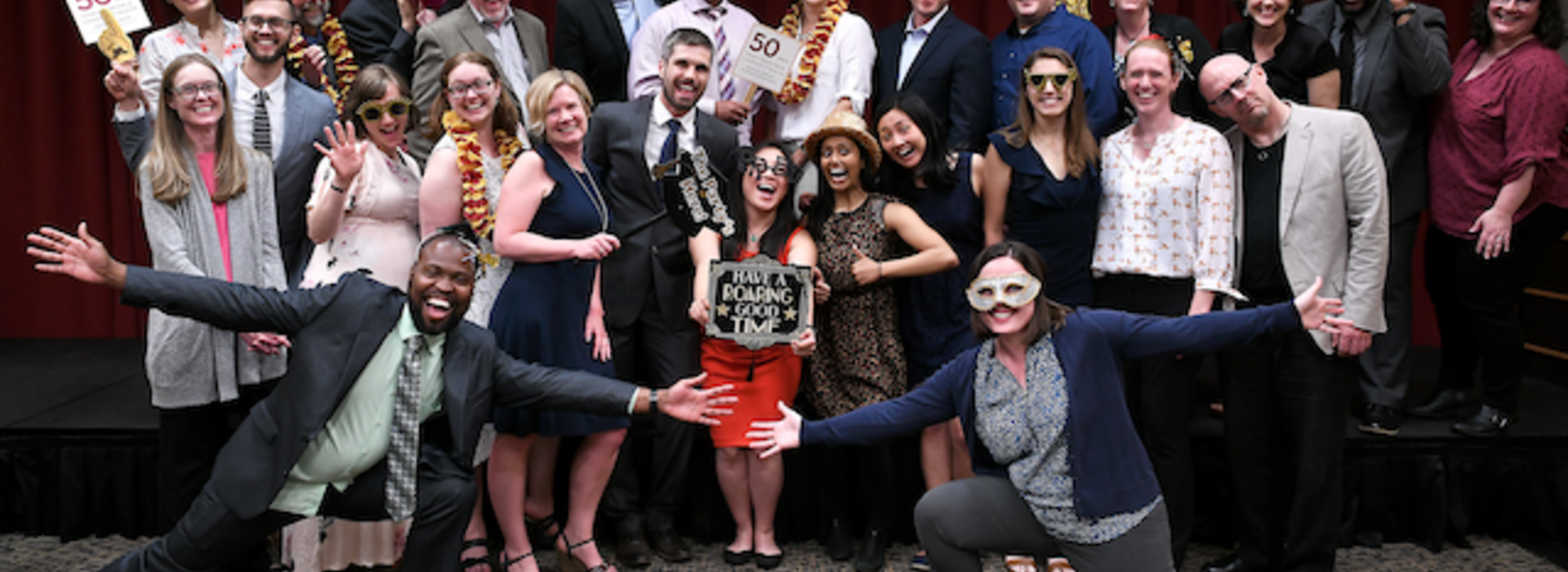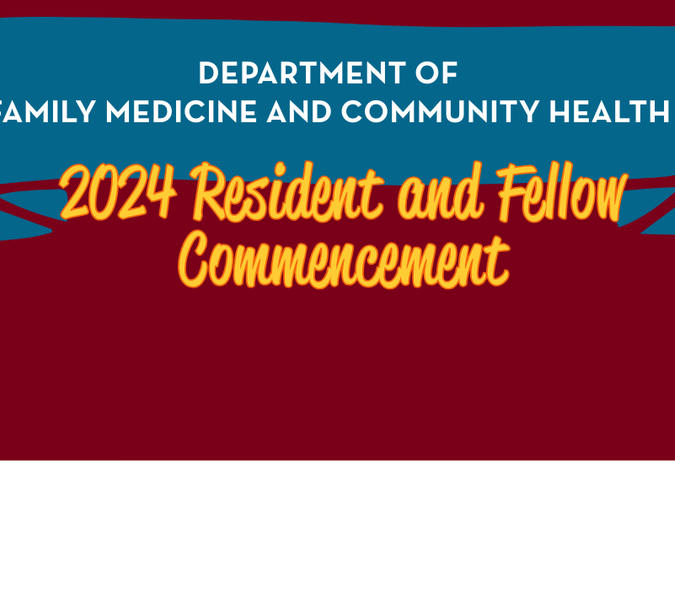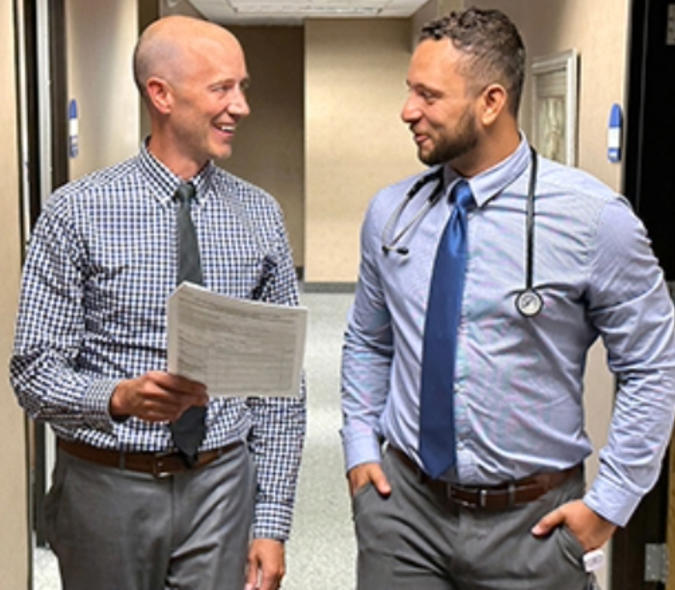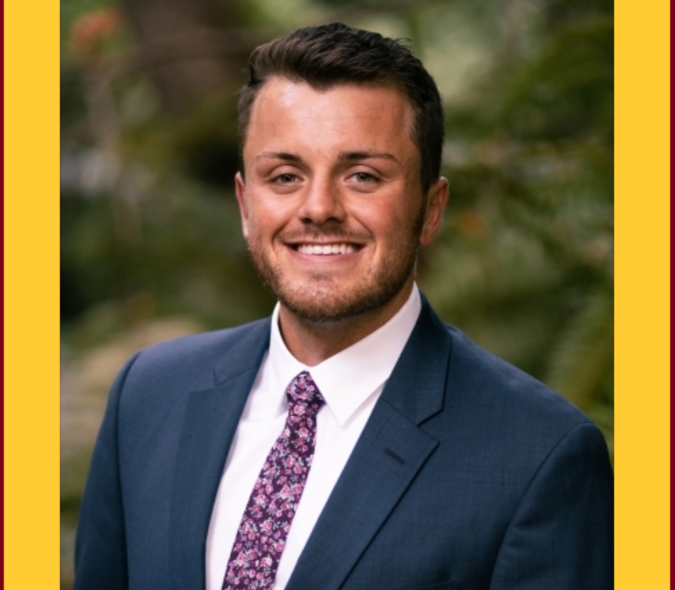
Where Are Our 2019 Residents Now?
There's no doubt about it, residency is a magical time in your career as a physician. You spend three years learning to make medical decisions, growing more empathetic and flexible as a provider, and developing deep, long-lasting friendships with the doctors going through training with you.
But what happens when it's over, and you are handed your diploma and head off into the world of "real" medical practice?
For alumni of the Department of Family Medicine and Community Health, the answer is simple: Anything is possible.
What Kind of Practice Will You Pursue?
Of our 2019 graduates, the majority (81%) were immediately hired in private or group practices, while a handful accepted hospital-based positions. Thirteen percent decided to pursue deeper specialization through fellowships in addiction medicine, dermatology, hospice and palliative care, obstetrics, and sports medicine.
The family medicine residency programs at the University of Minnesota are designed to prepare physicians to practice full-spectrum care in a myriad of settings - rural, urban, and global - through hands-on care for diverse communities, rigorous didactics, tailored electives, opportunities for global health experiences, and a cohort of world-renowned faculty.
As a result, a graduating resident can be selective about where they'd like to take their next steps, shaping a medical career that reflects their own interests and priorities.
Minnesota: The Home of Family Medicine
Every year, while our graduated residents choose where they are going next, Minnesota always lands at the top of their list. In 2019, of the residents who have made a decision, 77% chose to stay in Minnesota, while 9% stayed in neighboring Midwestern states. Just over 11% accepted positions in other parts of the country, and one graduate went into full-time practice in Canada.
Minnesota continues to be an optimal choice for family medicine physicians not only because of the state's commitment to generalist practice, but because it's a great place to live: the lakes and trails, vibrant arts and cultural scene, and quality of life helps doctors build meaningful lives that offset the risk of burnout or exhaustion.
Recent graduate Katie Hinderaker, MD initially decided to stay in Minnesota after residency because she grew up here and wanted to stay close to family. But then she found another incentive: "I learned that Minnesota is one of the states that is most encouraging of family medicine practicing obstetrics, which was a strong interest of mine. This made it even easier for me to decide to stay!"
No matter where our newly trained physicians decide to take their practice, they leave their residency with unparalleled skills and confidence.
"Working with complex patients and having the guided independence to treat patients as if they were my own was a big part of why I enjoyed residency and what prepared me for beyond," says Dr. Hinderaker. "Although I work with a completely different population now, as I moved from an urban residency to a rural position, I am well prepared to look up the answers to the questions I don't know and able to use my resources appropriately."



